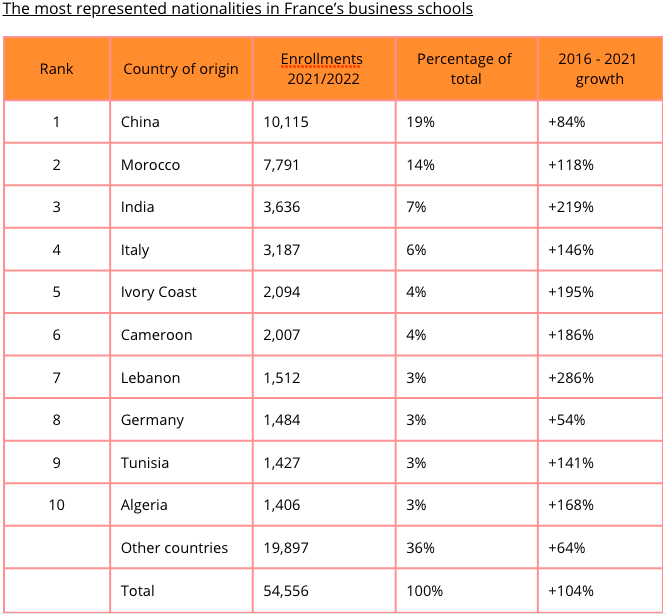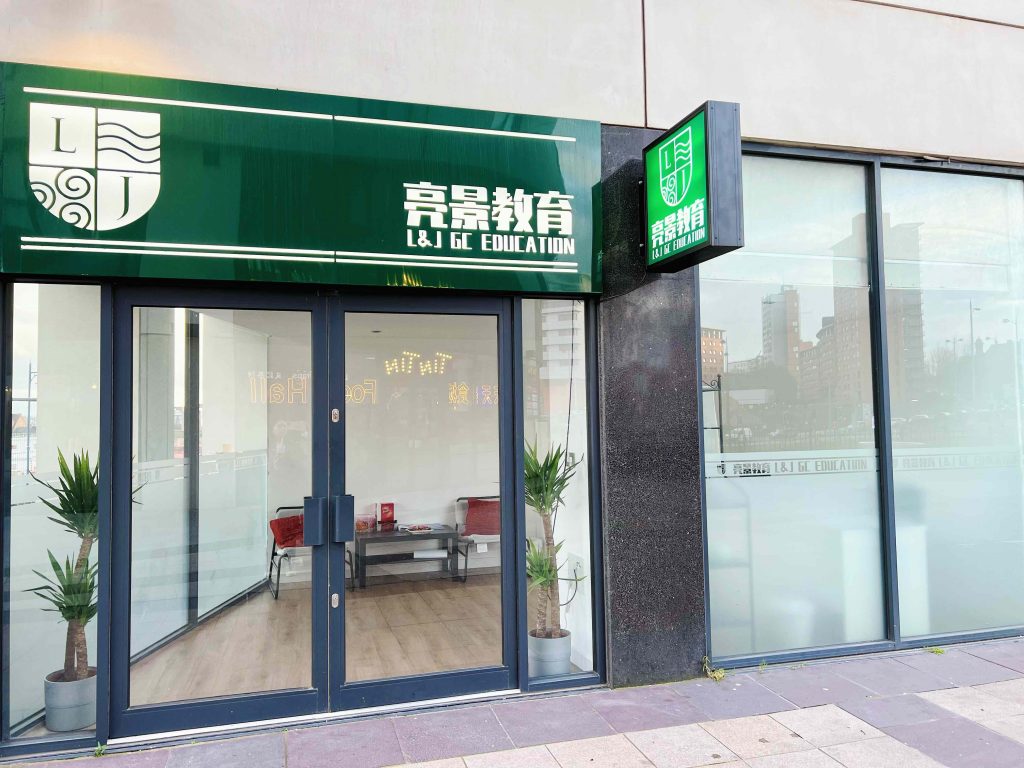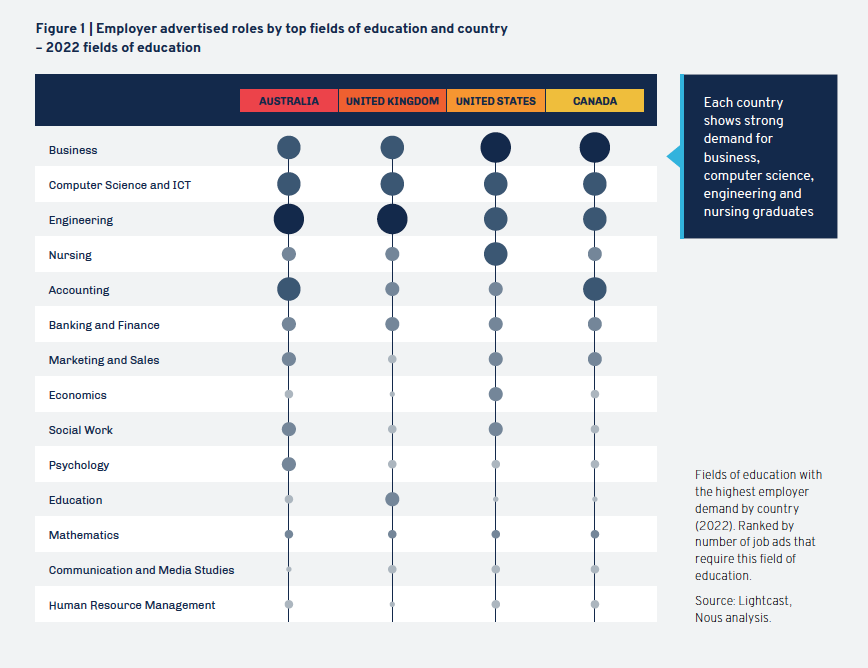France: new tool to ease student admin woes
A new platform has launched to help international students in France navigate the administrative steps of their student journey.
The Online Welcome Desk offers students a personalised roadmap of the tasks they need to complete before and upon arrival in France, according to their personal situation, ranging from visas and permits to health insurance, accommodation, banking and more.
The platform, also designed to be used by PhD candidates and researchers, includes an interactive map, complete with resources and information from regional partners including CROUS student welfare offices.
Currently, the platform is available in French and English and will soon be available in Chinese.
The platform is being shared among interested higher education institutions who would like to offer the service to their students, with seven already featured.
Kaiwei Wang, alumnus of École Nationale Superieure de chimie de Montpellier, and originally from China, recently told The PIE at an event for the country’s alumni, that although he believes that France is one of the best study destinations a student could choose, the one thing he would change about his experience is the notoriously difficult administrative procedures.
He told The PIE he wished for “some starter-pack or even something to mentally prepare people that it is going to be hard and this is what you need to do”.
Higher education institutions can personalise the platform, both in terms of visual identity and content, allowing institutions to promote their own local international welcome initiatives. It is hoped that this will reduce some of the workload of international welcome staff, allowing them to dedicate more time to providing more personalised support to students.
Originally designed by Université Paris-Saclay, the platform has now been shared and developed by the Paris region higher education digital planning organisation, the Université Numérique d’Île-de-France.
“Sharing the tool with UNIF will allow a larger number of international students, PhD candidates and researchers to benefit from the initiative and help them to prepare fully for their arrival in France with complete peace of mind, reinforcing the region’s appeal and attractiveness for the international community,” Université Paris-Saclay said in a statement.
UNIF’s involvement has also enhanced the platform in several areas, including reinforced legal monitoring and improved interoperability, it added.
The post France: new tool to ease student admin woes appeared first on The PIE News.




